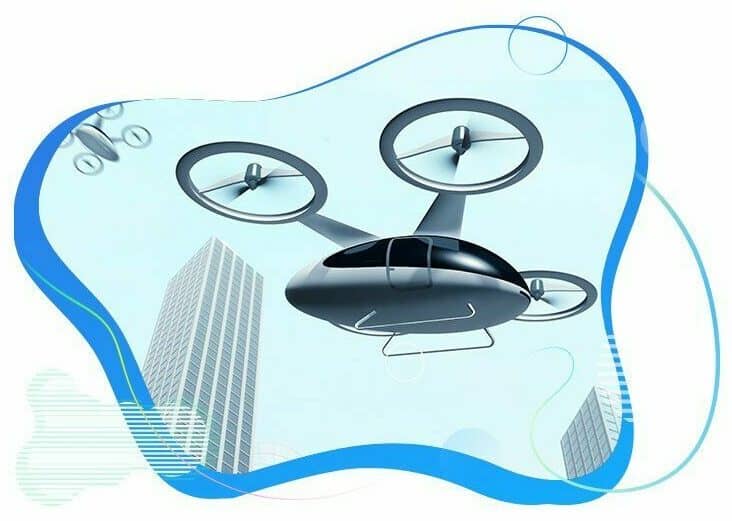

Ramco has authored the following article that features advice on how to manage digital risks, such as cyber-attacks, targeted towards aviation maintenance companies. The proposed solutions are relevant for the protection of both manned aircraft and UAVs (unmanned aerial vehicles).
Cyberattacks are no longer a rare occurrence for digital businesses. While the risk is huge for almost every industry, the nature of the aviation maintenance business makes the segment more vulnerable to such risks. Today’s cybercriminals are becoming increasingly sophisticated and capable of carrying out attacks that vary from stealing aircraft data, to stalling the MRO processes and even manipulating the digital MRO activities to cause undetected safety risks.
Since the aviation maintenance companies are responsible for keeping the aircraft airworthy, and ensuring that all aircraft are safe to fly, cyber-attacks can cause severe damage to the MRO company’s reputation as well as potential risks to the lives of passengers as they travel at heights of up to 37,000 feet.
The cyber risks to modern aviation maintenance companies have become even more pronounced due to the IP-enabled nature of modern flying machines. Whether it is a much larger aircraft like A380 or a single-seater fighter jet, a surveillance aircraft, or a luxury business jet, all modern airplanes have become ‘smart’. Usage of handheld digital devices has become the norm on the flight deck, as well as by the on-ground maintenance crews. The MRO providers are using digital tools to address maintenance and operational challenges such as fuel consumption, maintenance scheduling, maintenance speed, and efficiency, etc. Electronic Flight Bags (EFB) and other such tools provide real-time access to the MRO crews and proactively enable them to proactively be ready to deal with maintenance-related contingencies.
The complexities of the modern fly-by-wire aircraft make them potentially hackable due to the diversity of interconnected IT tools, and quite often the outdated on-ground maintenance technologies. If you are not relying on an advanced software system for your aviation maintenance or helicopter maintenance needs, you are unwittingly leaving gaps for hackers to exploit. There are various scenarios in which cyber-attacks can be crippling. For instance, incorrect flight instructions, manipulation of real-time flight data, aircraft weight and balance issues, locating other aircraft, and handling weather anomalies can be exploited by the cyber-criminals in dangerous manners.
The good thing is that the aviation maintenance tech companies are well versed with the emerging threats and carry out constant research and development activities to address the issues. One of the biggest such developments has been the usage of blockchain to run Maintenance, Repair, and Overhaul services.
According to aviation safety experts, blockchain can be used to secure multiple processes throughout the MRO ecosystem. A digital ledger of transactions can be kept tracking every instance when a part is installed or removed from an aircraft or a helicopter. The technology also enables the identification of each part’s quality, service data, as well as the identity and credentials of the technician who carried out the maintenance or repair operations. Blockchain technology is highly secure as it is by design capable of preventing tampering of historical data.
Furthermore, the decentralized nature of blockchain enables storing of information on digital ledgers. This is highly beneficial for the MRO providers looking for smarter, more secure ways of storing maintenance data and statuses.
With the digitization of MRO operations becoming the new norm, there is a proliferation of IoT and AI-enabled devices connected to the services. From the computers in the centralized command centers to hand-held devices used by the various maintenance crews and the computers at the aviation companies’ premises, there are a lot of entry points that need to be secured. This is where aviation maintenance software powered by blockchain proves to be safer than the conventional asymmetric encryption systems. This is where the future of cybersecurity for the MRO sector is going to be, and Ramco is spearheading in building the use cases for the MRO industry.







Related Posts
New Drone Fires Thales Missile in Unmanned Air Combat Milestone
UAS Startup Accelerator Awards 3M in Funding
US Navy Orders Unmanned Tactical Resupply Aircraft